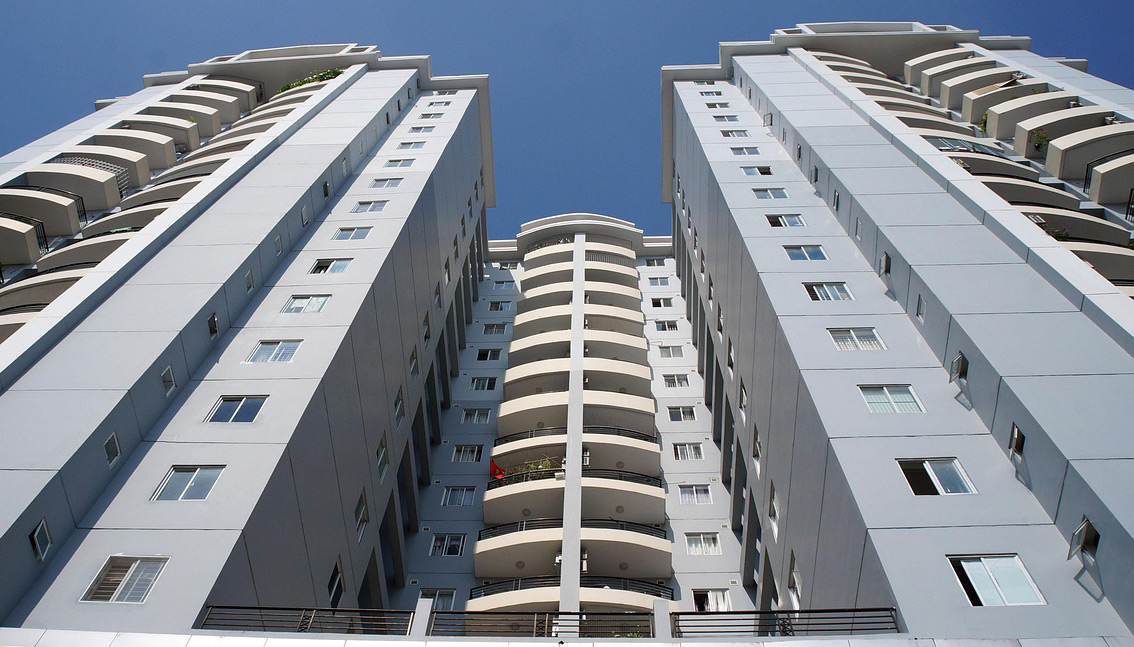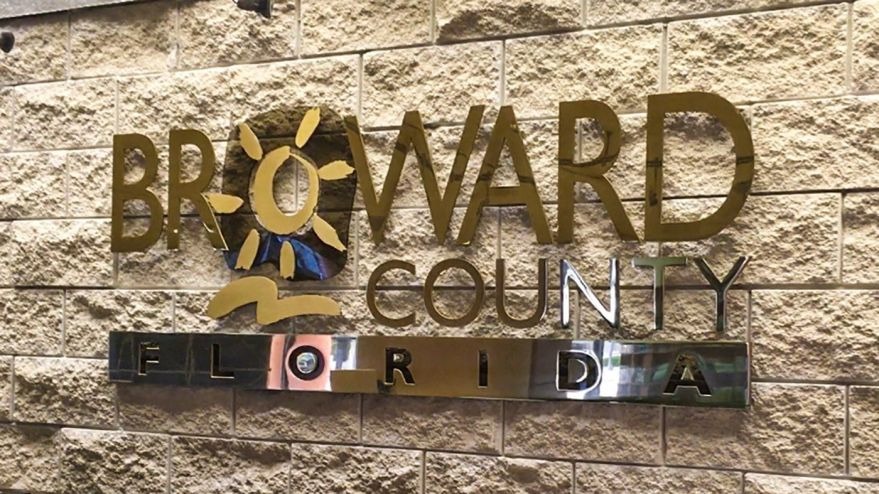
In this article: we outline the major provisions of Florida’s House Bill 913 affecting condominiums. We clarify the state’s Milestone Inspection timeline and its interaction with local enforcement, explain the extended deadline for Structural Integrity Reserve Studies (SIRS), and detail new rules for reserve funding flexibility and mandatory insurance appraisals. We also cover updated requirements for financial reporting, virtual meeting recordings, and electronic voting to help associations stay compliant.
Florida’s House Bill 913 (HB 913) went into effect on July 1, 2025, marking a major step forward in improving transparency, financial stability, and structural safety in Florida condominiums. The law introduces a wide range of changes that directly impact condo associations, property managers, and HOA boards.
At Building Mavens, our licensed engineers are deeply involved in the technical and governance side of building safety. This guide outlines the major provisions of HB 913 now in effect, how they impact your community, and what steps you should take next.
For the full bill text and updates, visit the Florida Senate’s official HB 913 page.
New legislation (HB 913) is in effect for SIRS and Milestone Inspections. Read about current SIRS law changes and Milestone Inspections changes in our latest articles.
Milestone Inspection Timeline Clarification
What changed
Milestone inspections are still required for buildings that have three or more stories. Milestone inspections are still required for buildings that have three or more stories. While the deadline hasn’t shifted, HB 913 emphasizes their role in informing both reserve studies and long-term repair planning.
What it means
Statewide, buildings that are 30 years or older must obtain a milestone inspection. However, local enforcement agencies have the authority to require inspections earlier—as early as 25 years—depending on environmental factors like coastal proximity. Broward County’s Building Safety Inspection Program, for example, mandates milestone inspections for all qualifying buildings at 25 years, regardless of their location within the county.
Practical tips
- Contact Building Mavens for help confirming whether your property is due for a milestone inspection, especially if your local jurisdiction doesn’t reliably notify owners. We can check with local building officials on your behalf to ensure you’re on schedule.
- If you have received a notice, we can help interpret the notice and confirm timelines, reducing missteps.
- We strongly recommend combining milestone inspections with reserve studies to streamline reporting and reduce costs.
- For a full explanation, visit our blog post about Florida’s New Milestone Inspection Law (HB 913)
Structural Integrity Reserve Study (SIRS) Deadline Extended
What changed
The deadline for completing a Structural Integrity Reserve Study has been extended from December 31, 2024, to December 31, 2025.
What it means
Associations have more time to plan and conduct these required studies, especially for buildings three stories or higher.
Practical tips
- Don’t wait until the last quarter of 2025. Engineering firms like Building Mavens are already scheduling inspections months in advance.
- Reach out early to secure your study and avoid compliance bottlenecks.
- For full details on this SIRS update, see our blog post: Florida’s New SIRS Law (HB 913)

Reserve Funding Flexibility
What changed
Boards may now use loans, lines of credit, or special assessments to fund reserves, with proper board or member approval. The reserve threshold increased from $10,000 to $25,000 (indexed to inflation).
What it means
There’s more flexibility in how reserves are funded, but clear documentation and justification will be essential.
Practical tip
Include licensed engineers early in your financial planning to accurately estimate structural and reserve needs.
Mandatory Insurance Appraisals
What changed
Condominiums must now conduct replacement cost appraisals every three years to maintain adequate insurance coverage.
What it means
Failure to update your appraisal may leave your building underinsured.
Practical tips
- Schedule your appraisal in tandem with reserve studies for efficiency.
- Building Mavens can provide supporting structural condition documentation during this process.
Financial Reporting Requirements
What changed
- The deadline to complete annual financial reports is now 180 days (up from 120 days) after fiscal year end.
- Reports must be accompanied by an affidavit from a board member confirming they were provided to owners.
What it means
Greater accountability in financial communications and less risk of misreporting.
Practical tips
- Coordinate reserve projections and inspection reports with your financial team to ensure full alignment.
- Track delivery timelines for financials carefully to meet affidavit requirements.
Meeting Recording and Posting Requirements
What changed
All virtual board, member, and committee meetings must now be recorded and retained as official records for at least one year. Associations with 150+ units must post recordings (or hyperlinks to the recordings) within 30 days; associations with 25+ units must do the same starting January 1, 2026.
What it means
Failure to meet these requirements could lead to compliance issues and erode trust with homeowners.
Practical tips
- Update your meeting notice templates to include the required video link, dial-in number, and physical location.
- Start recording and archiving meetings as standard practice.
Electronic Voting and Quorum Adjustments
What changed
If 25% of unit owners petition for electronic voting, the association must implement it. For annual video meetings, a physical quorum of board members is still required.
What it means
These updates enhance participation flexibility but require new policies and reliable communication.
Practical tips
- Clarify your quorum policies with legal counsel.
- Ensure major decisions about inspections and reserve study planning are backed by clear board engagement and transparency.
- Building Mavens engineers can present findings at meetings, virtually or in person, to ensure decisions are well-informed.
Final Thoughts
HB 913 is more than a legal update. It’s a mandate for more transparent, better funded, and safer condominium governance.
At Building Mavens, we specialize in engineering solutions that meet these standards while reducing the complexity for HOA boards and managers. Let us know how we can support your community.
For official legislative updates and bill text, visit https://www.flsenate.gov/Session/Bill/2025/913
FAQs: HB 913 & Milestone Inspections
The deadline for associations to complete their initial SIRS has been extended from December 31, 2024, to December 31, 2025.
Yes, similar to Milestone Inspections, the requirement for a SIRS now applies to condominium and cooperative buildings that are three “habitable” stories or more in height.
The new law requires that the SIRS report include a “baseline” funding plan. This plan needs to demonstrate how the association will ensure its reserve cash balance for the SIRS components stays above zero throughout the funding period.
Yes, HB 913 allows an association that has completed a required Milestone Inspection to delay conducting its SIRS for up to two consecutive budget years following the milestone inspection. This is to help prioritize funding for repairs identified by the Milestone Inspection. However, if reserve contributions are paused or reduced for this reason, a new SIRS must be done before resuming regular reserve funding.
Yes. Similar to Milestone Inspections, design professionals (like architects and engineers) and licensed contractors who bid on performing a SIRS must now disclose in writing if they also intend to bid on any repair work related to that study. This aims to ensure transparency and avoid potential bias.
HB 913 clarifies that unit-owner-controlled associations required to have a SIRS can fund their reserves through special assessments, a line of credit, or a loan, provided it’s approved by a majority of the total voting interests of the association.
The law introduces the term “habitable stories” but applies it inconsistently. This creates a complex legal question about whether buildings like a two-story-over-garage structure are subject to the initial milestone inspection. The previous standard was “three or more stories,” and that language remains in a key part of the statute. Associations must seek a legal opinion to clarify their status.
The term’s application is complex. While HB 913 introduces the term “habitable story” (defined by the Florida Building Code as space for living, sleeping, eating, or cooking), it applies it to the ongoing 10-year SIRS requirement. A key part of the statute still defines the initial milestone applicability as buildings of “three stories or higher,” without the “habitable” qualifier. Because of this legal nuance, you must consult with your association’s legal counsel for an opinion on your building’s specific situation.
This is not a new deadline, but a new enforcement mechanism. Current law already requires associations to commence repairs within 365 days of a Phase Two report. CS/CS/HB 913 now requires local governments (counties or municipalities) to adopt ordinances that enforce this 365-day deadline, ensuring stricter compliance.
Yes. Design professionals (like architects and engineers) and licensed contractors who bid on performing a Milestone Inspection must now disclose in writing if they also intend to bid on any maintenance, repair, or replacement work that might arise from that inspection. Failing to disclose this can make the inspection contract voidable and could lead to professional discipline.
Local enforcement agencies must report specific Milestone Inspection data to the Department of Business and Professional Regulation (DBPR) by October 1, 2025, including the number of buildings inspected and a list of any deemed unsafe. While this is a duty for the agencies, it means there will be more state-level oversight and data collection on building safety, which could indirectly influence compliance and enforcement priorities.
About the Author

Scott’s background is extensive, covering both public and private projects. He’s highly skilled in structural engineering design, construction oversight, and forensic analysis. This includes investigating structural failures, construction defects, and code compliance – all critical to maintaining safety and adhering to building codes. Beyond his investigative work, Scott is also an accomplished design engineer, contributing to various architectural elements from building envelope systems to designs for a wide range of structures. From the initial concept to the final inspection, Scott is dedicated to providing innovative and compliant engineering solutions.
You can contact me directly for more information: info@buildingmavens.com.






